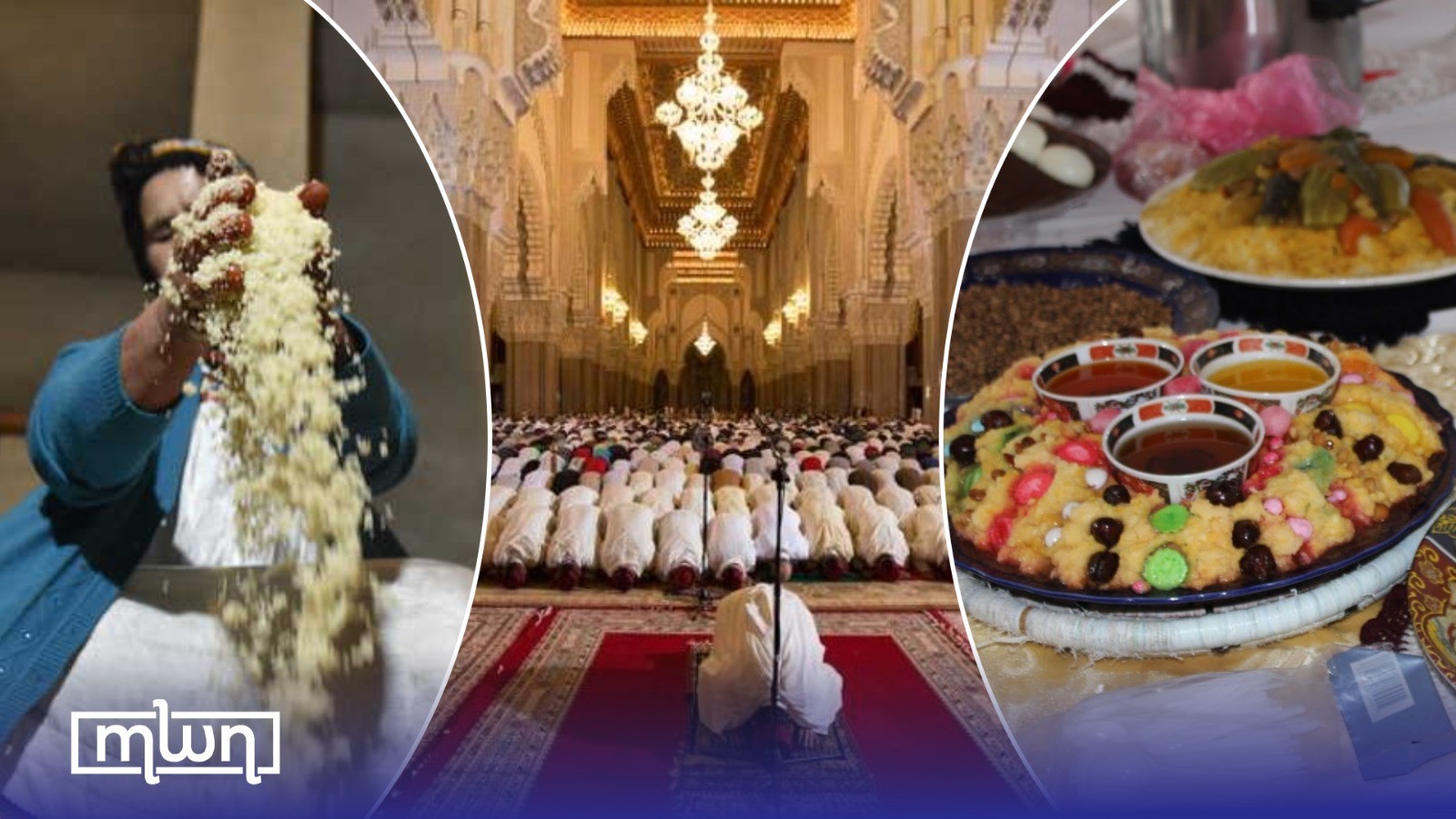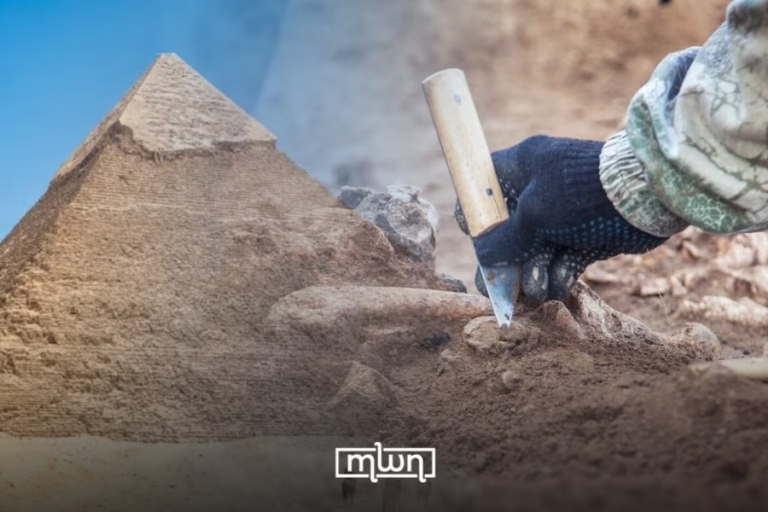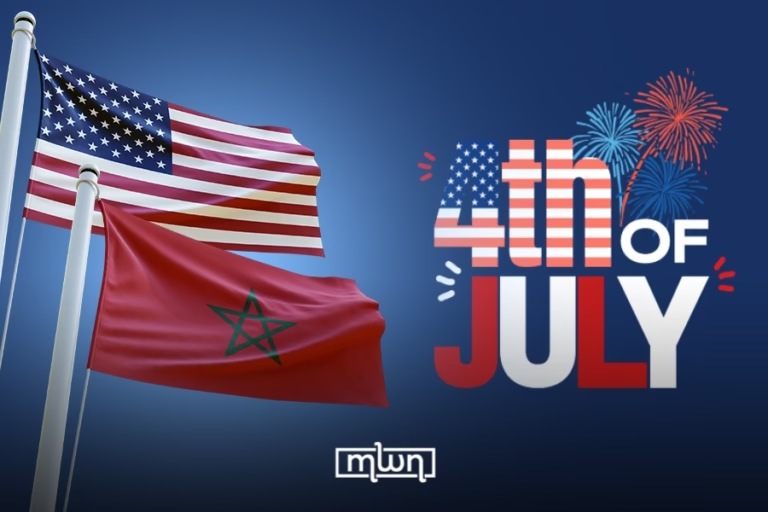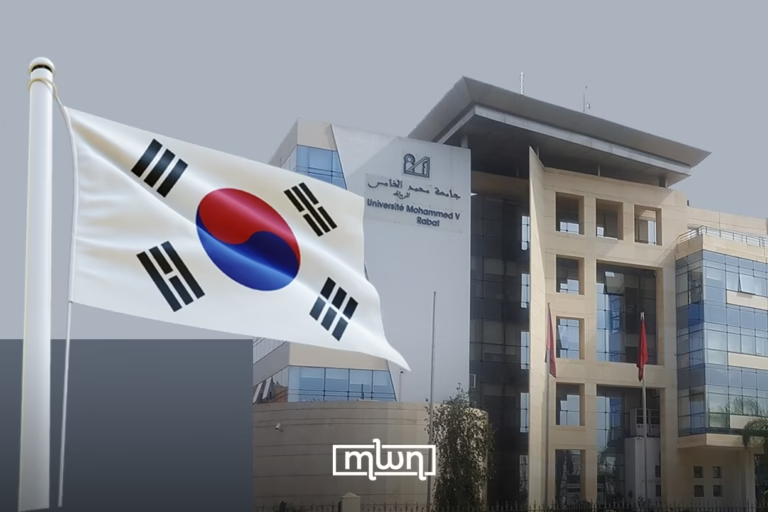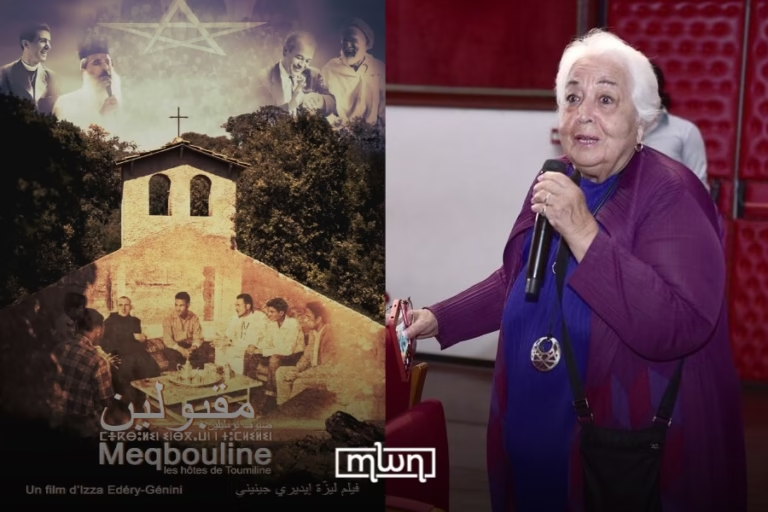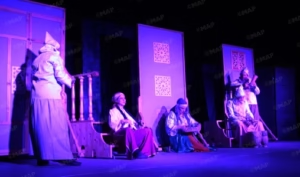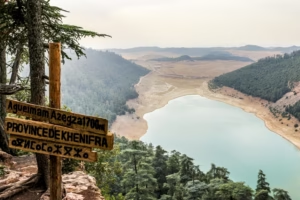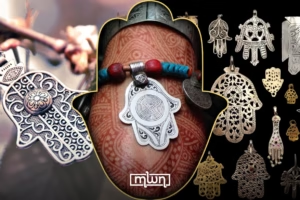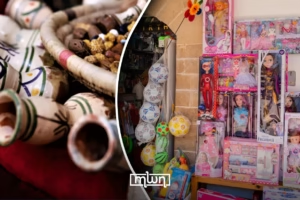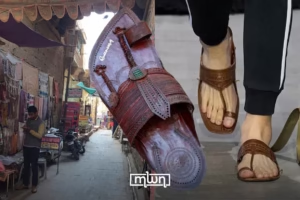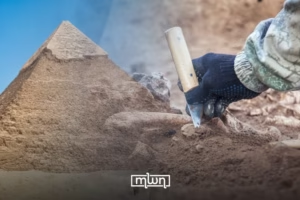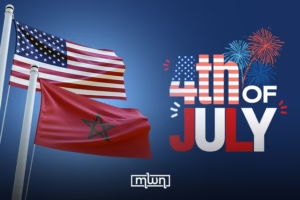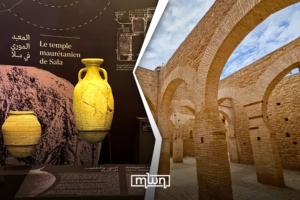Marrakech – As the crescent moon ushers in the Islamic New Year, the streets of Morocco remain relatively quiet.
While the Gregorian New Year is celebrated with fireworks, parties, and elaborate feasts, the Hijri New Year (Islamic New Year) passes by almost unnoticed.
This year, as we enter 1446 AH, it’s worth exploring why Moroccans don’t celebrate the Hijri New Year with the same enthusiasm as its Gregorian counterpart.
In Morocco, the Hijri New Year is known as “Ras El Am El Hijri” or “Fatih Muharram.” It marks the beginning of the sacred month of Muharram, a time for reflection, fasting, and remembrance.
However, unlike other Islamic holidays, such as Eid al-Fitr and Eid al-Adha, there are no grand celebrations, no days off work, and no special rituals to mark the occasion.
The history behind the Hijri calendar
To understand the significance of the Hijri New Year, one needs to go back to the early days of Islam. The Hijri calendar was established during the reign of Caliph Umar ibn Al-Khattab in 622 CE, marking the year when Prophet Muhammad migrated from Mecca to Medina.
This migration, known as the Hijra, marked a turning point in Islamic history and thus became the starting point for the Islamic calendar.
The Hijri calendar is a lunar calendar, meaning that it is based on the cycles of the moon. Each month starts with the sighting of the new moon and lasts either 29 or 30 days. This means that the Hijri year is approximately 11 days shorter than the Gregorian year, causing the dates of Islamic holidays to shift each year relative to the Gregorian calendar.
Muted celebrations in Morocco
Despite the religious significance of the Hijri New Year, celebrations in Morocco are relatively subdued. While some families may gather for a special meal or recite prayers, there are no widespread traditions or customs associated with the holiday.
One of the primary drivers for this is the pervasive influence of Western culture and the widespread adoption of the Gregorian calendar in everyday life.
As Morocco has progressively integrated into the global economic landscape and forged connections with international communities, the Gregorian calendar has assumed greater prominence across various domains, including business, education, and official matters.
Consequently, Gregorian New Year celebrations have gained more emphasis, often eclipsing the Hijri New Year.
Furthermore, the commercialization and heightened media attention surrounding the Gregorian New Year have amplified its presence within Moroccan society. The allure and glamour associated with these celebrations, coupled with the pervasive influence of Western media, have contributed to a noticeable shift in public perception and participation.
Another significant factor shaping the observance of the Hijri New Year in Morocco is the diverse spectrum of religious adherence among its population. While Islam remains the predominant faith, individual practices and interpretations can vary considerably.
For some, the Hijri New Year is perceived as an intensely religious occasion, with a focus on spiritual introspection rather than overt celebrations. In this sense, although the holiday may still hold sacred meaning for many Muslims in Morocco and throughout the Muslim world, these festivities are not on display.
Additionally, the absence of official recognition and designated public holidays for the Hijri New Year in Morocco may contribute to its comparatively subdued observance. In contrast to the Gregorian New Year, which is often celebrated with nationwide festivities and public events, the Hijri New Year remains a more intimate and personal affair.
Moroccan traditions: celebrating the Hijri New Year
However, this isn’t to say that the Hijri New Year is completely ignored in Morocco. In the north of the country, women prepare special dishes such as “Al-Assida with butter” or “Trid with eggs” to welcome the new year.
Yet, the most popular dish that unites the celebrations of many Moroccans is couscous with chicken and vegetables. The aroma of this delicacy fills households, creating a warm and festive atmosphere.
In mosques and zawiyas (spiritual centers), nights of prophetic praise are held, with women from different villages competing to carry dishes of couscous to the mosque, seeking reward and blessings. The markets also bustle with activity from the first of Muharram until the tenth of the month.
Interestingly, some of these celebrations bear traces of Shia influence, confirming the passage of Shiism through the Islamic West and its penetration centuries ago. This is reflected in certain customs that Sunni Moroccans still adhere to, often without being aware of their Shia roots.
As some scholars explain, there are Shia imprints within Moroccan celebrations of Ashura, which coincides with the beginning of the new Hijri year, which further confirms that Shiism, reached Morocco and settled there for a period of time.
For example, in some areas, girls who are not allowed to raise their voices in song or even speak in front of men are permitted to roam the neighborhoods and villages during Ashura, singing and chanting about how during this time, they have no rulers, and it’s only on Mawlid that men regain their authority.
This implies that the men of the family, or tribe, have no authority over them throughout Ashura, allowing them to sing and dance for consecutive nights.
However, many of these Shia imprints, which are believed to have no legal basis in Morocco, are limited in existence.
Other Moroccan customs are more clearly aligned with the Sunni doctrine, such as giving out zakat (charity) during these days and fasting on the ninth and tenth of Muharram.
Magic and superstition also play a role in some of the Hijri New Year rituals. Some women believe that these days provide a rare opportunity to enhance marital love.
These women resort to certain rituals and diligently purchase incense, which fills most of the streets, in order to win the hearts of men and their husbands and strengthen the bonds of love between them.
Despite the lack of a religious basis for some of these beliefs, many Moroccans firmly believe in their validity.
Some families insist on adhering to specific customs, such as refraining from shaving their beards, bathing, washing their clothes, as well as avoiding expressions of joy during the first ten days of Muharram.
In the Moroccan countryside, elderly women recount traditions they still adhere to and urge their children not to abandon. They emphasize the importance of making the first day of the Hijri year one of the best days of the year, filled with optimism and belief that the way this day is spent sets the tone for the rest of the year.
Waking up early, engaging in hard work and activity, and threatening children who oversleep with playful punishments are all part of the traditions passed down through generations. The first day of the Hijri year is not seen as a day of rest and vacation, but rather a day of effort and dedication, setting the stage for a year of blessings and productivity.
These diverse celebrations and rituals, some rooted in religious traditions and others in popular superstitions, reflect the rich tapestry of Moroccan culture and the unique ways in which the Hijri New Year is welcomed across the country.
Preserving tradition in a changing world
Despite the muted celebrations, many Moroccans still view the Hijri New Year as an important time for reflection and renewal. It’s a time to set intentions for the coming year, seek forgiveness, and strengthen family bonds.
Some scholars and religious leaders have called for greater recognition of the Hijri New Year in Morocco. They argue that celebrating the holiday is an important way to preserve Islamic heritage and identity in an increasingly globalized world.
Others, however, believe that the simplicity of the Hijri New Year celebrations is a virtue, not a weakness. They argue that the focus should be on spiritual reflection and personal growth, rather than on grand celebrations and material excesses.
Regardless of one’s personal beliefs, it’s clear that the Hijri New Year holds a special place in the hearts of many Moroccans. So, as Muslims enter a new year, they reflect on the past, give thanks for the present, and look forward to the future with hope and optimism.
Read also: Hijri New Year 1446 Celebrations: Official Dates and Holidays

